European foreign ministers discuss Ukraine support and US relations
- Update Time : Wednesday, November 20, 2024
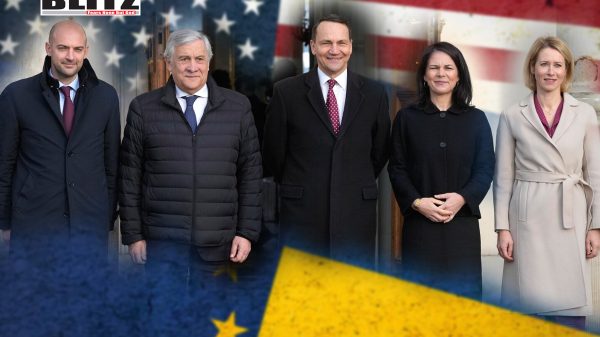
As the Russian invasion of Ukraine reaches the somber milestone of 1,000 days, foreign ministers from six major European nations convened in Warsaw on November 19 to deliberate on escalating security concerns and strategic responses. The meeting, hosted by Polish Foreign Minister Radoslaw Sikorski, comes against the backdrop of evolving dynamics on both sides of the Atlantic-including the implications of Donald Trump’s anticipated return to power in the United States.
The gathering saw participation from Germany, France, Italy, and Poland, while Britain’s Foreign Secretary David Lammy and Spain’s Foreign Minister Jose Manuel Albares joined via video link. The talks followed a broader EU foreign ministers’ meeting in Brussels and aimed to address what Sikorski described as “dramatic events” unfolding in Ukraine and the United States. The meeting also sought to assess Europe’s defense identity and explore avenues for reinforcing collective security.
Nearly three years into the war, Ukraine’s plight remains at the forefront of European concerns. Germany’s Foreign Ministry spokesperson Kathrin Deschauer emphasized that “there is a big common worry over the security situation in Europe and above all the situation in Ukraine.” The Polish government, a steadfast supporter of Kyiv, reiterated its commitment to countering Russian aggression.
The timing of the meeting coincided with a significant shift in US policy. President Joe Biden recently authorized Ukraine to deploy US-supplied long-range missiles against targets within Russia, a move that has drawn sharp criticism from Moscow. This decision marks a notable escalation in Western support for Ukraine and could influence the policies of European allies. Poland’s Sikorski welcomed the decision, framing it as a firm response to Russia’s purported enlistment of North Korean soldiers to bolster its war effort. “This is a language that Vladimir Putin understands,” Sikorski remarked.
However, the implications of Trump’s return to office in January loom large over these discussions. Known for his skeptical stance on US aid to Ukraine, Trump’s presidency could usher in a drastic shift in American foreign policy, potentially undermining current Western unity. The prospect of reduced US support for Ukraine raises questions about Europe’s capacity to shoulder greater responsibility in the conflict.
While European nations have largely stood united in their condemnation of Russia’s invasion, their approaches to military support for Ukraine vary significantly. Germany has resisted Kyiv’s calls for the Taurus long-range missile system, opting instead to provide 4,000 artificial intelligence-guided drones. Chancellor Olaf Scholz defended this decision, citing concerns about potential escalation and the risk of Germany being drawn directly into the conflict.
France, too, has taken a cautious stance. Foreign Minister Jean-Noël Barrot reaffirmed that the use of French missiles remains “an option,” but stopped short of committing to their deployment. Similarly, British Prime Minister Keir Starmer declined to clarify whether the United Kingdom would approve the use of its missile systems, reflecting ongoing hesitations among European powers.
These cautious approaches underscore the delicate balancing act European nations face. On one hand, they must continue supporting Ukraine against Russian aggression; on the other, they are acutely aware of the risks of provoking a broader conflict between Russia and the West.
The Warsaw talks also highlighted the need for Europe to strengthen its defense identity amid shifting global dynamics. As the war in Ukraine drags on and US foreign policy faces potential upheaval, European leaders are increasingly acknowledging the importance of self-reliance in security matters. A Polish Foreign Ministry spokesperson noted that the discussions would focus on “Europe’s defense identity and how to reinforce it.”
Poland’s role as a regional leader in supporting Ukraine has placed it at the forefront of calls for greater European defense collaboration. Warsaw has been a vocal advocate for increased NATO involvement and has pushed for more robust EU defense mechanisms. However, achieving consensus on these issues remains a challenge, given the differing priorities and threat perceptions among member states.
Although Ukrainian Foreign Minister Andriy Sybiga was invited to the Warsaw meeting, his absence-due to travel commitments between Ukraine and the United States-underscores Kyiv’s dual reliance on European and American support. Ukraine’s ability to sustain its defense efforts hinges on continued international backing, making these diplomatic engagements crucial.
The broader geopolitical implications of the war extend beyond Europe. Russia’s reported recruitment of North Korean soldiers and its growing alignment with nations like Iran and China highlight the potential for new global fault lines. Western leaders must navigate these complexities while maintaining pressure on Moscow through sanctions and military aid to Kyiv.
The potential return of Donald Trump to the White House adds another layer of uncertainty to transatlantic relations. During his previous tenure, Trump frequently criticized NATO and questioned the value of US alliances. His skepticism toward US military aid for Ukraine could embolden Russia and weaken the Western coalition supporting Kyiv.
European leaders are acutely aware of these risks. The possibility of a more isolationist US foreign policy under Trump underscores the urgency for Europe to bolster its defense capabilities and reduce its reliance on American support. However, achieving this level of strategic autonomy is a long-term endeavor that requires significant investment and political will.
The Warsaw meeting serves as a stark reminder of the challenges facing Europe as it grapples with the ongoing war in Ukraine and prepares for potential shifts in US policy. The 1,000th day of Russia’s invasion marks a critical juncture for European leaders to reaffirm their commitment to Ukraine while addressing the broader security implications of the conflict.
Balancing military support for Kyiv with the need to avoid escalation remains a delicate task. Meanwhile, the looming specter of Trump’s presidency adds another layer of complexity to Europe’s strategic calculus. As the situation evolves, the need for unity and decisive action among European nations has never been greater. The Warsaw talks, though just one step in a long journey, underscore the urgency of addressing these pressing challenges with clarity and resolve.


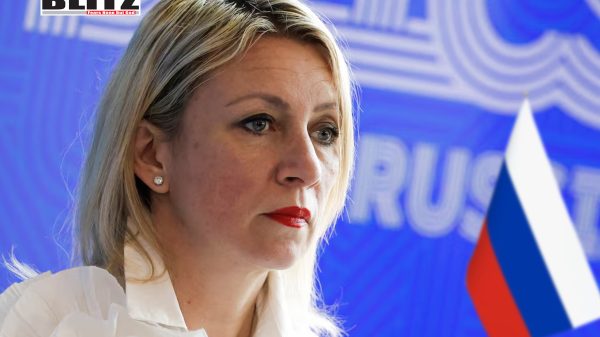
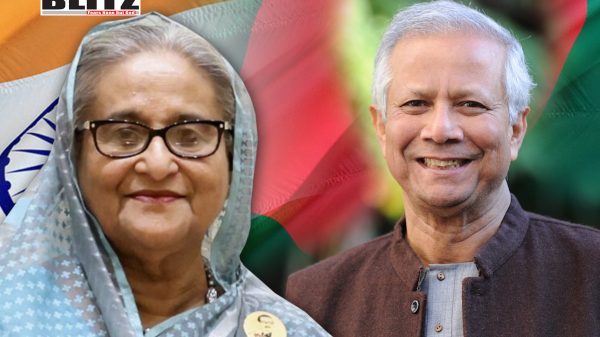
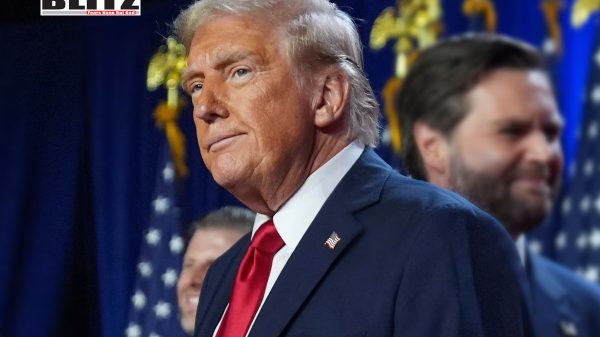
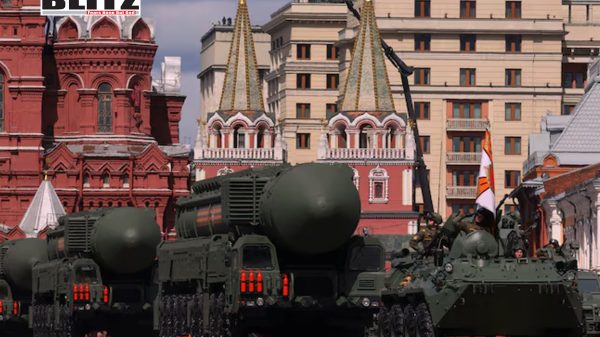

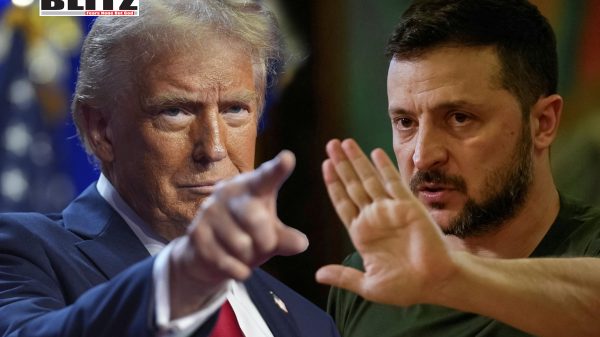
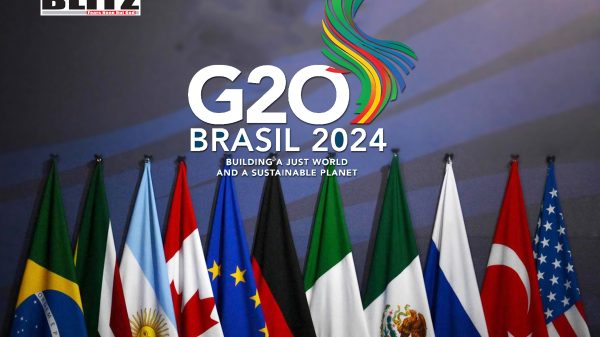
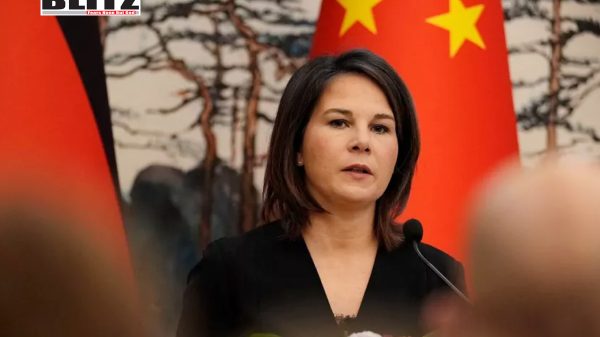
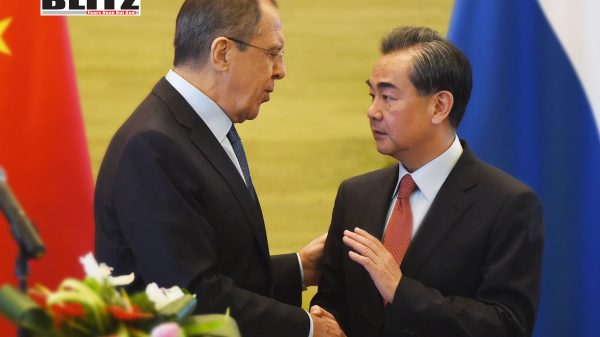


Leave a Reply